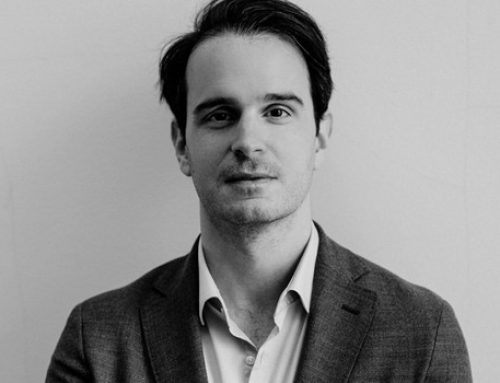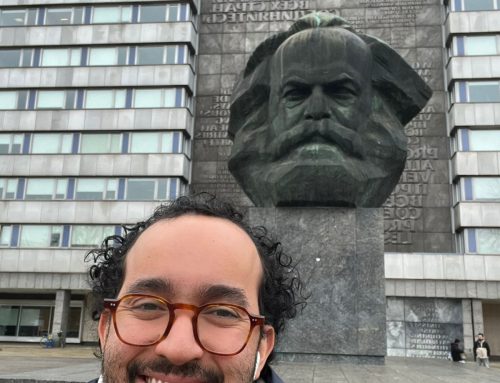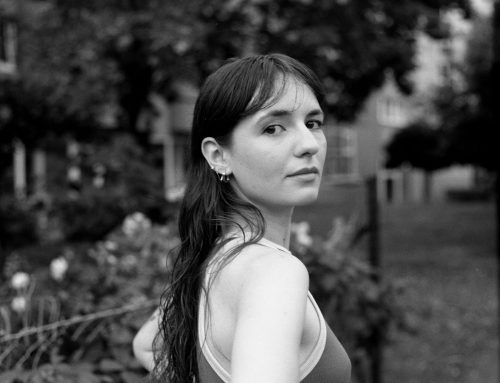Project name: GEO-POWER-EU: EMPOWERING THE GEOPOLITICAL EU IN THE EASTERN NEIGHBOURHOOD AND THE WESTERN BALKANS
Overview: GEO-POWER-EU’s main objective is to contribute to the empowerment of the EU to manage security threats within the deteriorating geopolitical environment that lies in its Eastern Neighbourhood and in the Western Balkans. The project’s main goal is to articulate a proposal for a comprehensive EU strategy towards these regions that will employ new and reformed means and policy instruments, taking into consideration foresight concerning the strategic ambitions of other geopolitical actors.
Team/PI:
- Dr Tena Prelec, PI and the the coordinator of Working Package 3 [Geopolitical Competition and EU’s Strategic Autonomy]
- Dr Sonja Stojanović Gajić, a researcher and deputy coordinator of WP3
- Tina Perić, communication manager
- Stefania Petris, project assistant
Project duration: June 2024- May 2027
Funder (Donor): The GEO-POWER-EU project has received funding from the European Union’s Horizon Europe research and innovation programme under grant agreement No 10113292.
Total budget of project: 2 999 980.00 EUR UniRI’s share: 250.375,00 EUR
Partners: Coordinator: the University of the Peloponnese (UoP). Members: the University of Rijeka (UNIRI), Alma Mater Studiorum – University of Bologna (UNIBO), Democratization Policy Council (DPC), European Neighbourhood Council (ENC), Georgian Foundation for Strategic and International Studies (GFSIS), Institute for Democracy Societas Civilis Skopje (IDSCS), Institute for Development and Social Initiatives ‘Viitorul’ (IDIS), South-East European Research Centre (SEERC), Odesa Mechnikov National University (ONU), Faculty of Political Sciences, University of Belgrade, (FPN), Swedish Institute of International Affairs (UI), ViennEast (VE Insight), Vienna Institute for International Economic Studies (WIIW)
Project website: https://geo-power.eu
Outcomes / Highlights
- Adaptation of EU Enlargement Policy: Propose ideas for adapting the EU Enlargement policy to current geopolitical realities.
- Reform of the Eastern Partnership (EaP): Examine the relevance of the EaP and offer policy recommendations for its reform.
- Assessment of Geopolitical Influences: Analyze the influence of geopolitical actors such as the United States, Russia, China, and Turkey in the two regions.
- Strategic Foresight: Provide strategic foresight on the prospects of geopolitical competition in these regions.
- Military Threat Containment: Explore the EU’s capacity to contain military threats from beyond its borders.
- Comprehensive EU Strategy: Develop a multidimensional strategy to guide EU relations with the Western Balkans and EaP countries.
CAS’s contribution:
CAS SEE coordinates the Working Package 3 [Geopolitical Competition and EU’s Strategic Autonomy] dedicated to assessing the influence of major geopolitical actors and examining the EU’s strategic autonomy and defense capabilities, providing strategic foresight on geopolitical competition. Through this analysis, we aim to understand the dynamics of external influence and how the EU can strengthen its geopolitical stance and policy effectiveness.


UNIRI The Moise Palace: Cres Island
An education center of the University of Rijeka. A five-hundred-year-old patrician townhouse and the largest Renaissance palace on the Croatian islands. A venue and forum for various scientific and research activities, it welcomes visiting academics, students and scholars.




